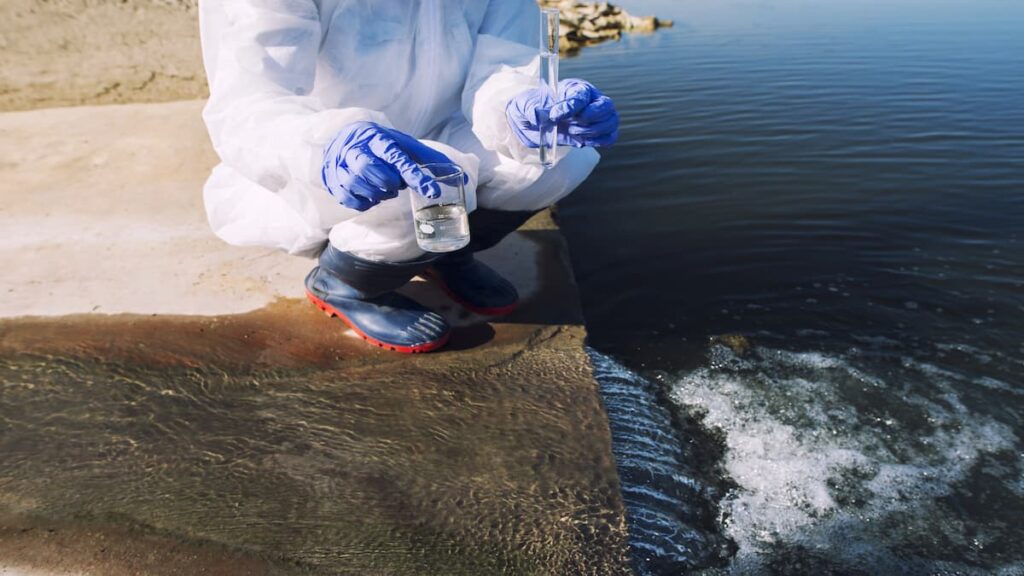Introduction to bio-cultures in wastewater treatment
Water is a valuable resource, and it is now very important for both the environment and public health to properly handle wastewater. Chemical treatments that have been around for a long time frequently have problems like being expensive and bad for the environment. This has led to the growth of natural alternatives like bio culture for wastewater treatment, which look like a good option. These eco-friendly technologies use the power of nature to clean water in a way that is better for the environment.
What are eco-friendly bio-cultures?
Bio cultures are groups of helpful microorganisms that are used to clean up wastewater. These live things break down organic waste on their own. They don’t put dangerous chemicals into the environment like chemical treatments do. Bacteria, fungus, and protozoa are all types of bio cultures. Their job is to eat up impurities, which makes the water cleaner and safer. This method is a major step forward in the natural water treatment.
How bio-cultures revolutionize wastewater treatment in India
In India, businesses and local governments are under more and more pressure to properly handle wastewater. More and more people are using bio culture for wastewater treatment. This strategy is both cheap and good for the environment. To meet rigorous rules and cut down on pollution, many treatment plants now use stp bio culture and etp bio culture systems.
The mechanism behind bio-cultures in treatment
The wastewater microorganisms within these cultures are quite magical. They feed on organic garbage and turn it into things that aren’t harmful. This is the most important part of biological wastewater treatment. It copies natural cycles, making sure that water is cleaned well without using chemicals.
Benefits of eco-bio cultures for STP and ETP
There are several benefits to using eco friendly wastewater treatment, such as bio-cultures. They cut down on the demand for strong chemicals, which lowers the expense of running the business. They also make the water cleaner by getting rid of pollutants. This makes it safer to release water and less harmful to the environment.
Eco-friendly wastewater treatment: A key to sustainable solutions
Sustainability is a priority worldwide, and India is no exception. Implementing organic wastewater treatment with bio-cultures aligns perfectly with this goal. These systems support cleaner water bodies and healthier ecosystems, contributing to long-term environmental balance.
Sustainability is important all throughout the world, and India is no exception. Using bio-cultures for organic wastewater treatment is a great way to reach this goal. These systems help keep water bodies cleaner and ecosystems healthier, which helps keep the environment in balance throughout time.
Key bio-remediation techniques used in wastewater treatment
Treatment plants use a number of bio remediation techniques. Aeration raises the amount of oxygen in the air, which helps microorganisms live. Microbes break down complicated waste into smaller parts. These methods work together to enhance the efficiency of what is biological treatment of sewage.
How bio-cultures help reduce pollutants
Bio-cultures can handle harsher pollutants than organic waste. They remove heavy metals and poisons from water. This makes them useful for cleaning industrial effluent and conserving natural resources.
Why bio-cultures are the future of wastewater treatment
Innovation advances bio-culture technologies. Rising adoption in India indicates a move toward greener, safer water treatment. Sustainable wastewater management is possible with these natural methods.
Embracing bio-culture for cleaner water
Using bio culture to treat wastewater is a sensible way to keep water clean and safe for the environment. Using these natural treatments can help keep water clean for many years to come. To make the world a healthier place, we need to encourage and invest in eco-friendly wastewater technologies.


